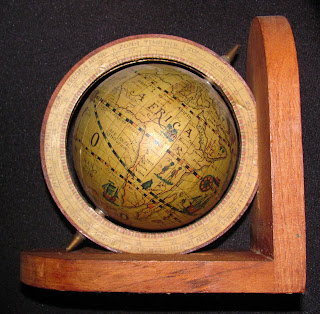As a reader, I don’t mind them—they’re kinda fun, though I think they can get way overblown—and as a writer, I honestly hadn’t given them much thought. None of my stories feature a love triangle…or so I thought.
Then, I discovered that one snuck in there, and I was shocked at how much it actually drives my plot! My MCs aren’t even directly involved, but it has a huge influence on them.
Here’s the basic set up:
Conniving Mountain Lady --> loves Mountain King, who --> loves Sea Queen
The CML turns to dark forces to slake her jealousy and get revenge against the SQ. That action destroys the sea dynasty, shatters the alliance between the two nations (mountain and sea), and tears a rift in the heavens.
Hundreds of years later, my two MCs live in a world that’s still dealing with the fallout of CML’s actions. It affects how they interact with each other, how they perceive certain threats (or non-threats), the decisions they make and the actions they take—even my villain is influenced by it.
Personally, I love this little subplot. It really fuels the novel's backstory, but I never thought of it as a love triangle until reading it for the umpteenth time during edits.
As mystery writers might say, there are only two basic motivations in the end: love and money. Guess those dang love triangles are useful for something other than selling t-shirts and causing good-natured feuds among friends.
Any sneaky ones in your stories?
*For the record, I'm moderately Team Edward and whole-heartedly Team Peeta!









